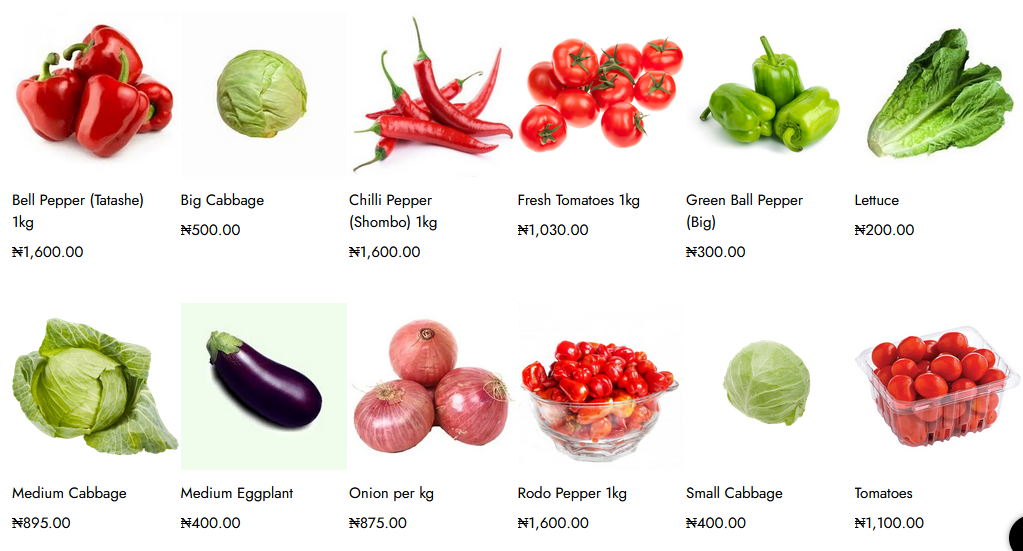Normal
0
false
false
false
EN-US
X-NONE
X-NONE
/* Style Definitions */
table.MsoNormalTable
{mso-style-name:”Table Normal”;
mso-tstyle-rowband-size:0;
mso-tstyle-colband-size:0;
mso-style-noshow:yes;
mso-style-priority:99;
mso-style-qformat:yes;
mso-style-parent:””;
mso-padding-alt:0in 5.4pt 0in 5.4pt;
mso-para-margin-top:0in;
mso-para-margin-right:0in;
mso-para-margin-bottom:10.0pt;
mso-para-margin-left:0in;
line-height:115%;
mso-pagination:widow-orphan;
font-size:11.0pt;
font-family:”Calibri”,”sans-serif”;
mso-ascii-font-family:Calibri;
mso-ascii-theme-font:minor-latin;
mso-hansi-font-family:Calibri;
mso-hansi-theme-font:minor-latin;
mso-bidi-font-family:”Times New Roman”;
mso-bidi-theme-font:minor-bidi;}
Africa’s food processing industry is witnessing a dynamic evolution, with a burgeoning number of companies at the forefront of transforming the continent’s agricultural produce into value-added products. These companies play a pivotal role in enhancing food security, promoting economic growth, and meeting the diverse culinary needs of the continent’s burgeoning population. Let’s delve into the significance, impact, and contributions of food processing companies in Africa.
Diverse Product Range:
Food processing companies in Africa encompass a wide spectrum of products, including processed fruits and vegetables, dairy products, grains, meats, beverages, and packaged foods. They add value to raw agricultural produce through various processing techniques.
Enhancing Agricultural Produce:
These companies transform perishable goods into longer-lasting products, reducing food wastage and extending the shelf life of produce through processes like canning, freezing, drying, and pasteurization.
Job Creation and Economic Growth:
Food processing companies contribute significantly to job creation, employing a vast number of individuals across various stages of production, distribution, and marketing. This industry growth fosters economic development and stimulates local economies.
Market Expansion and Distribution Networks:
By diversifying product offerings and improving quality standards, these companies facilitate the expansion of local and regional markets. They establish distribution networks that reach remote areas, ensuring accessibility to a broader consumer base.
Technological Advancements:
Investments in modern technology and machinery enhance efficiency and productivity in food processing. This includes the adoption of innovative techniques for processing, packaging, and preserving food products.
Value Addition and Export Potential:
Value addition through processing increases the export potential of agricultural produce. Processed goods, such as canned fruits, processed meats, and packaged beverages, open avenues for international trade, boosting economic growth.
Nutritional Enhancement and Food Security:
Through fortification and enrichment processes, food processing companies contribute to improving the nutritional value of food products. Additionally, their activities support food security by reducing post-harvest losses and ensuring a more reliable food supply chain.
Quality Assurance and Standards:
Food processing companies adhere to stringent quality standards, implementing measures to ensure food safety, hygiene, and compliance with regulatory requirements. This commitment enhances consumer confidence in locally processed products.
Support for Smallholder Farmers:
Collaborations with smallholder farmers create mutually beneficial relationships, providing them with market opportunities, training, and access to better seeds and agricultural practices. This supports sustainable farming practices and improves livelihoods.
Sustainability and Innovation:
Companies are increasingly focusing on sustainability initiatives, such as eco-friendly packaging, waste reduction, and energy-efficient processing methods. Innovations in product development align with consumer preferences for healthier, more sustainable options.
Challenges and Opportunities:
Challenges include infrastructure limitations, access to financing, and navigating regulatory frameworks. However, these challenges present opportunities for investment, innovation, and collaboration to further drive the growth of the food processing industry.
Conclusion:
Food processing companies in Africa are pivotal in transforming raw agricultural produce into value-added products, driving economic growth, enhancing food security, and meeting the diverse demands of consumers. Their contributions not only bolster local economies but also position Africa’s food processing industry as a key player in the global market, paving the way for sustainable and innovative growth in the continent’s agricultural sector.





